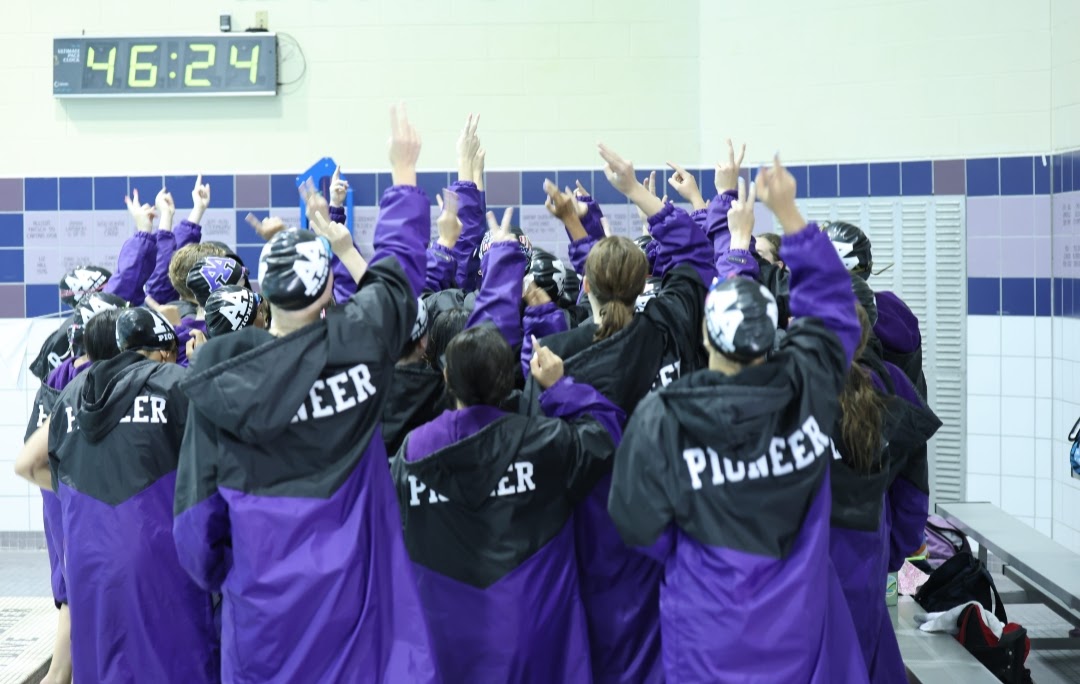An even playing field
April 15, 2020
Junior year. The climax year of high school, riddled with stress, standardized tests and college searches. The second semester is supposed to synthesize my entire highschool career; students across the country alike were scheduled to participate in the school administered SAT, state mandated tests and Advanced Placement exams –– all while maintaining the perfect GPA and juggling extracurriculars. My qualms over the SAT and ACT were always coaxed with the reassurance that “It’s only a test,” and “You can take it as many times as you need.” Now, all of it is remote.
On Thurs. April 3, Michigan Governor Gretchen Whitmer closed all schools in the state for the remainder of the school year in response to the Novel Coronavirus (COVID-19) spread. Michigan students have had a three week extended spring break that started Mon. March 16, and administrators and individual school districts are currently devising plans to start remote learning in the coming days.
After spring break, the State of Michigan provides a free, school administered SAT that all students take, as most colleges require test scores for the application process. In the weeks leading up to the test, high school English and math teachers will help to prepare their students for the required test, as rhetorical analysis essays, math packets, reading passages and common grammar questions all become routine during class. In an era of expensive standardized test prep, college counseling and scandals of wealthy families paying their child’s way into elite schools, the free school administered SAT is the closest measure in beginning to make the playing field even for all students.
The rapid spread COVD-19 has brought about unprecedented and constantly changing situations: schools, non-essential businesses and other large gatherings have been cancelled; an enforced public health measure of increased hand hygiene, social distancing and constant glove and mask usage; overwhelmed health care systems; and increased unemployment. Many universities have recognized the increased anxiety around college admissions for the class of 2021, and institutions such as Tufts University, the University of Oregon, Oregon State University, Boston University, Case Western Reserve, Scripps College, Davidson College and the entire University of California system have gone test optional for at least the class of 2021. But these are only a handful of universities, and it is certainly not enough.
The SAT and ACT standardized tests have been repeatedly exposed for being poor indicators of intelligence and success in furthered education. William Hiss, the former Dean of Admissions for Bates College, participated in a study that observed high school GPA, standardized test scores and success during college. The difference in performance between students that submitted test scores and those that did not were miniscule.
According to the National Education Association, aptitude tests similar to the SAT were designed to segregate soldiers based on score and race during World War I. These early standardized tests were criticized for being biased and racist. Today, many low-income students and those of underrepresented or marginalized communities continue to face an uneven playing field due to the preexisting inequities in the admissions process. Expensive SAT prep and the opportunity to retake the tests are common strategies many students utilized to achieve their desired scores. But for students that rely on the free school administered test in the spring or prep from their teachers, they only have one chance.
Universities cannot expect applicants to maintain grades, achieve high test scores and begin to craft their application under the weight of the pandemic. With the closure of Michigan schools for the remainder of the year, the school administered SAT has been rescheduled to October of 2020. Students in other States around the country have experienced similar challenges. The rescheduling of the SAT increases stress for the class of 2021. Many universities have an Early Decision deadline on Nov. 1, but the new SAT date may possibly interfere with the applications.
It is imperative for more leading institutions in higher education to switch to test optional for at least the class of 2021. It is likely that the schools that are currently test optional will receive an overwhelming amount of applicants for the rising senior class. But it is unfair if only a few schools decide to go test optional, while others do not. Many students cannot afford expensive out-of-state tuition and must rely on universities in their state –– a major flaw if institutions in their home state are not test optional and students do not have adequate access to standardized test preparation.
The pandemic’s unforeseen challenges have emphasized the inequities in our society. The disproportionate gap between wealthy and low-income Americans is apparent now more than ever, as the Center for Disease Control (CDC) has created social distancing guidelines to advise people to stay at home. There have also been increased efforts to sustain community members, as support for healthcare workers and local business owners have increased, and precautions to take care of those vulnerable to the virus have been put in place. But if universities and schools do not expect their students to perform highly amidst a global pandemic, how can they expect students to have a perfect college application?










